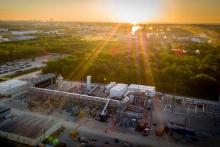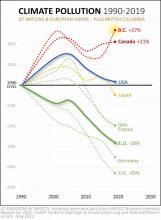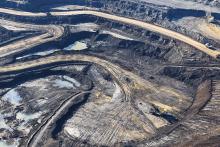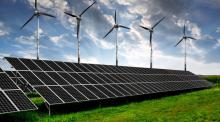October 28th 2021
Equalization payment policy always produces an energized discussion in Canada, particularly between Quebec and Alberta. During a recent election, a province’s quasi-referendum on changing the concept of equalization was supported by a substantial 41 per cent. Not the one held in Alberta this month, I’m talking about Quebec.
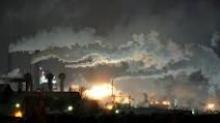
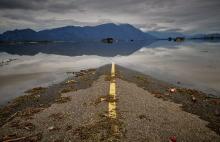
![A homemade sign posted on a telephone pole in protest of Central Maine Power's controversial ... [+] ASSOCIATED PRESS](https://ecosocialistsvancouver.org/sites/default/files/styles/medium/public/article-image/https_specials-images.forbesimg.com_imageserve_618521d554f978c2c5f276a1_transmission-lines-are-controversial-everywhere-in-the-country_960x0_1.jpg?itok=3o9hO5bj)
